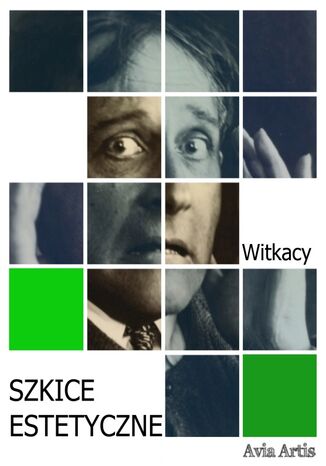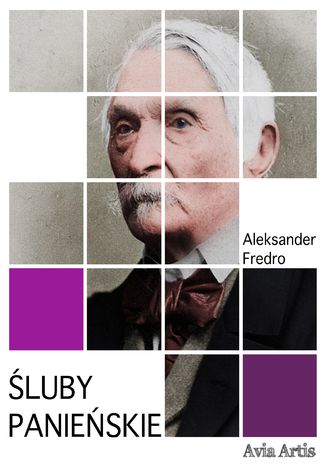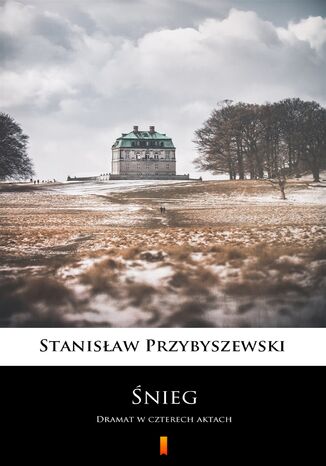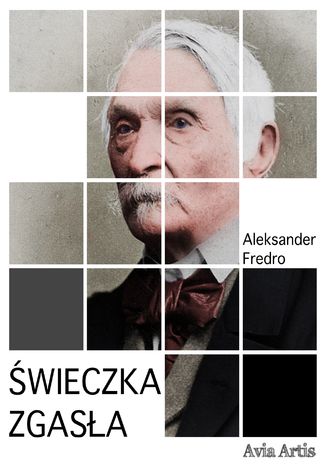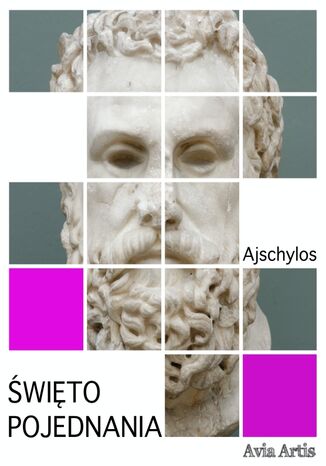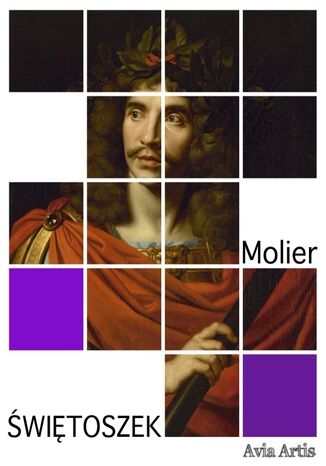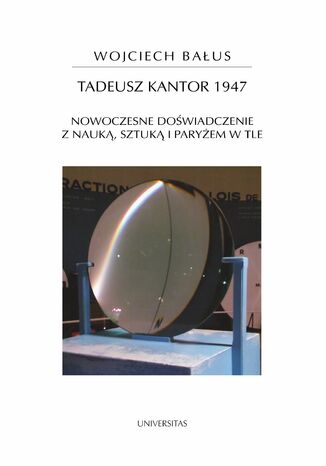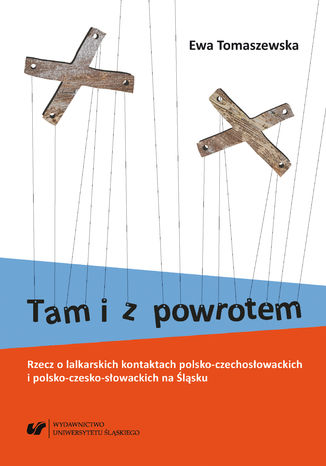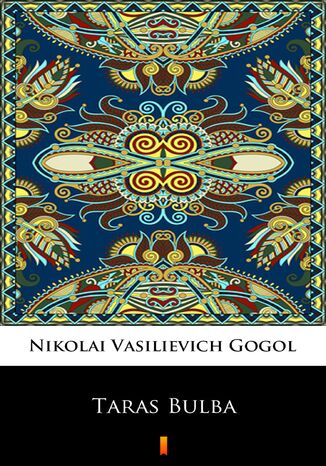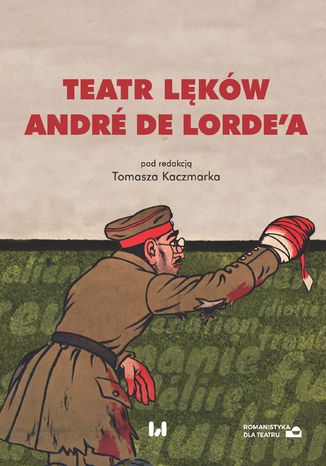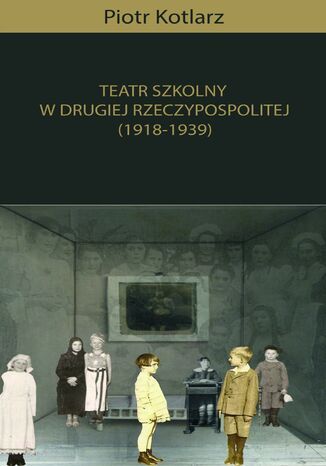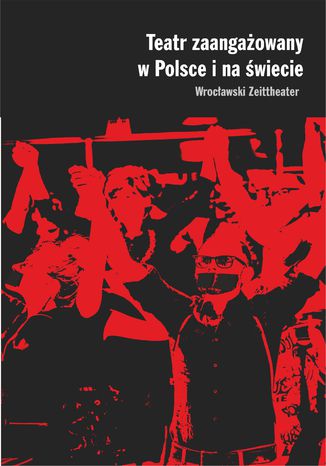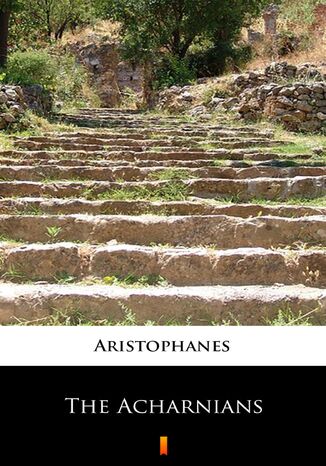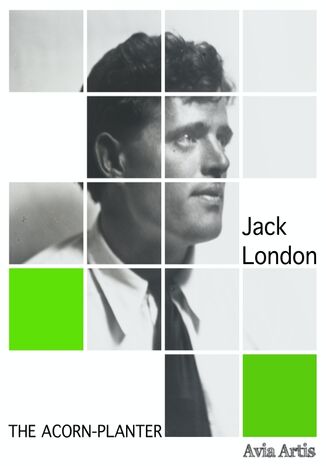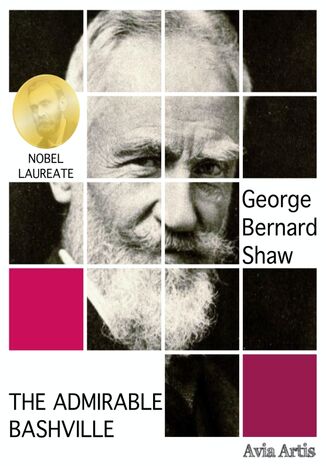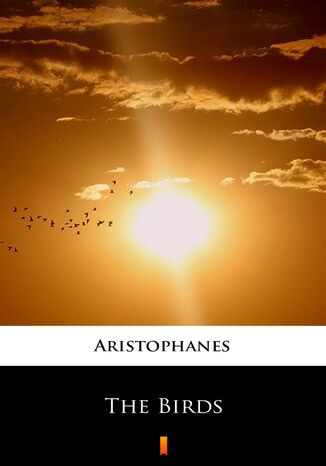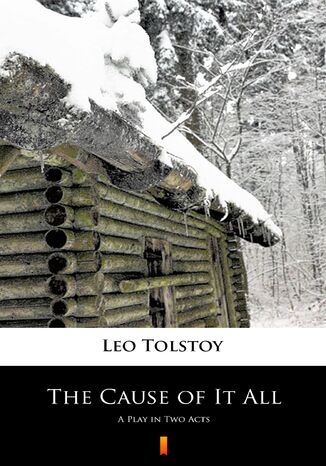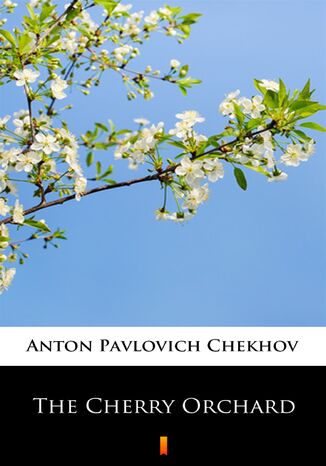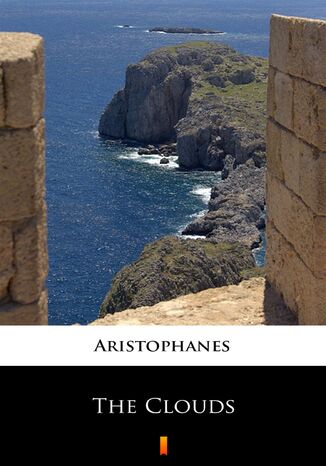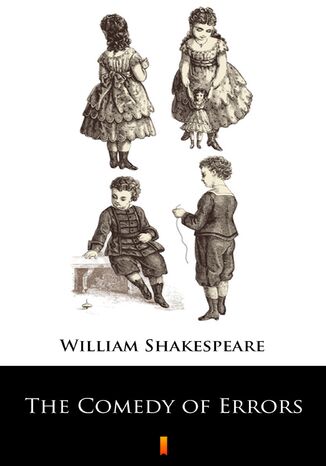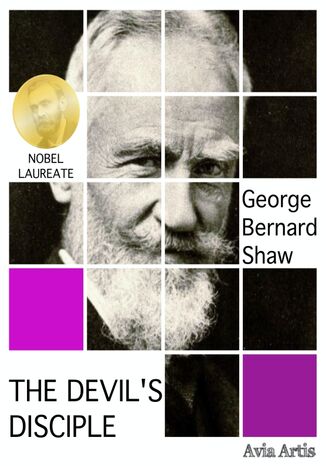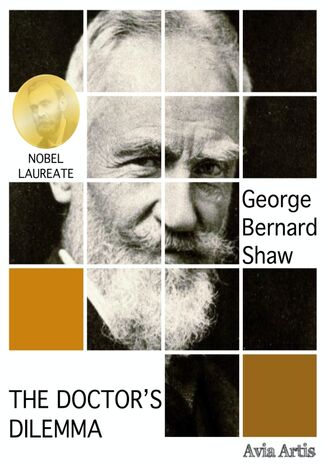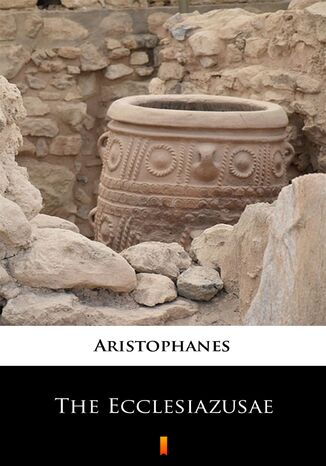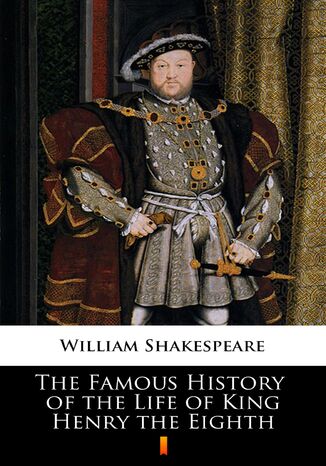Categories
Ebooks
-
Business and economy
- Bitcoin
- Businesswoman
- Coaching
- Controlling
- E-business
- Economy
- Finances
- Stocks and investments
- Personal competence
- Computer in the office
- Communication and negotiation
- Small company
- Marketing
- Motivation
- Multimedia trainings
- Real estate
- Persuasion and NLP
- Taxes
- Social policy
- Guides
- Presentations
- Leadership
- Public Relation
- Reports, analyses
- Secret
- Social Media
- Sales
- Start-up
- Your career
- Management
- Project management
- Human Resources
-
For children
-
For youth
-
Education
-
Encyclopedias, dictionaries
-
E-press
- Architektura i wnętrza
- Health and Safety
- Biznes i Ekonomia
- Home and garden
- E-business
- Ekonomia i finanse
- Esoterecism
- Finances
- Personal finance
- Business
- Photography
- Computer science
- HR & Payroll
- For women
- Computers, Excel
- Accounts
- Culture and literature
- Scientific and academic
- Environmental protection
- Opinion-forming
- Education
- Taxes
- Travelling
- Psychology
- Religion
- Agriculture
- Book and press market
- Transport and Spedition
- Healthand beauty
-
History
-
Computer science
- Office applications
- Data bases
- Bioinformatics
- IT business
- CAD/CAM
- Digital Lifestyle
- DTP
- Electronics
- Digital photography
- Computer graphics
- Games
- Hacking
- Hardware
- IT w ekonomii
- Scientific software package
- School textbooks
- Computer basics
- Programming
- Mobile programming
- Internet servers
- Computer networks
- Start-up
- Operational systems
- Artificial intelligence
- Technology for children
- Webmastering
-
Other
-
Foreign languages
-
Culture and art
-
School reading books
-
Literature
- Antology
- Ballade
- Biographies and autobiographies
- For adults
- Dramas
- Diaries, memoirs, letters
- Epic, epopee
- Essay
- Fantasy and science fiction
- Feuilletons
- Work of fiction
- Humour and satire
- Other
- Classical
- Crime fiction
- Non-fiction
- Fiction
- Mity i legendy
- Nobelists
- Novellas
- Moral
- Okultyzm i magia
- Short stories
- Memoirs
- Travelling
- Narrative poetry
- Poetry
- Politics
- Popular science
- Novel
- Historical novel
- Prose
- Adventure
- Journalism, publicism
- Reportage novels
- Romans i literatura obyczajowa
- Sensational
- Thriller, Horror
- Interviews and memoirs
-
Natural sciences
-
Social sciences
-
School textbooks
-
Popular science and academic
- Archeology
- Bibliotekoznawstwo
- Cinema studies
- Philology
- Polish philology
- Philosophy
- Finanse i bankowość
- Geography
- Economy
- Trade. World economy
- History and archeology
- History of art and architecture
- Cultural studies
- Linguistics
- Literary studies
- Logistics
- Maths
- Medicine
- Humanities
- Pedagogy
- Educational aids
- Popular science
- Other
- Psychology
- Sociology
- Theatre studies
- Theology
- Economic theories and teachings
- Transport i spedycja
- Physical education
- Zarządzanie i marketing
-
Guides
-
Game guides
-
Professional and specialist guides
-
Law
- Health and Safety
- History
- Road Code. Driving license
- Law studies
- Healthcare
- General. Compendium of knowledge
- Academic textbooks
- Other
- Construction and local law
- Civil law
- Financial law
- Economic law
- Economic and trade law
- Criminal law
- Criminal law. Criminal offenses. Criminology
- International law
- International law
- Health care law
- Educational law
- Tax law
- Labor and social security law
- Public, constitutional and administrative law
- Family and Guardianship Code
- agricultural law
- Social law, labour law
- European Union law
- Industry
- Agricultural and environmental
- Dictionaries and encyclopedia
- Public procurement
- Management
-
Tourist guides and travel
- Africa
- Albums
- Southern America
- North and Central America
- Australia, New Zealand, Oceania
- Austria
- Asia
- Balkans
- Middle East
- Bulgary
- China
- Croatia
- The Czech Republic
- Denmark
- Egipt
- Estonia
- Europe
- France
- Mountains
- Greece
- Spain
- Holand
- Iceland
- Lithuania
- Latvia
- Mapy, Plany miast, Atlasy
- Mini travel guides
- Germany
- Norway
- Active travelling
- Poland
- Portugal
- Other
- Przewodniki po hotelach i restauracjach
- Russia
- Romania
- Slovakia
- Slovenia
- Switzerland
- Sweden
- World
- Turkey
- Ukraine
- Hungary
- Great Britain
- Italy
-
Psychology
- Philosophy of life
- Kompetencje psychospołeczne
- Interpersonal communication
- Mindfulness
- General
- Persuasion and NLP
- Academic psychology
- Psychology of soul and mind
- Work psychology
- Relacje i związki
- Parenting and children psychology
- Problem solving
- Intellectual growth
- Secret
- Sexapeal
- Seduction
- Appearance and image
- Philosophy of life
-
Religion
-
Sport, fitness, diets
-
Technology and mechanics
Audiobooks
-
Business and economy
- Bitcoin
- Businesswoman
- Coaching
- Controlling
- E-business
- Economy
- Finances
- Stocks and investments
- Personal competence
- Communication and negotiation
- Small company
- Marketing
- Motivation
- Real estate
- Persuasion and NLP
- Taxes
- Social policy
- Guides
- Presentations
- Leadership
- Public Relation
- Secret
- Social Media
- Sales
- Start-up
- Your career
- Management
- Project management
- Human Resources
-
For children
-
For youth
-
Education
-
Encyclopedias, dictionaries
-
E-press
-
History
-
Computer science
-
Other
-
Foreign languages
-
Culture and art
-
School reading books
-
Literature
- Antology
- Ballade
- Biographies and autobiographies
- For adults
- Dramas
- Diaries, memoirs, letters
- Epic, epopee
- Essay
- Fantasy and science fiction
- Feuilletons
- Work of fiction
- Humour and satire
- Other
- Classical
- Crime fiction
- Non-fiction
- Fiction
- Mity i legendy
- Nobelists
- Novellas
- Moral
- Okultyzm i magia
- Short stories
- Memoirs
- Travelling
- Poetry
- Politics
- Popular science
- Novel
- Historical novel
- Prose
- Adventure
- Journalism, publicism
- Reportage novels
- Romans i literatura obyczajowa
- Sensational
- Thriller, Horror
- Interviews and memoirs
-
Natural sciences
-
Social sciences
-
Popular science and academic
-
Guides
-
Professional and specialist guides
-
Law
-
Tourist guides and travel
-
Psychology
- Philosophy of life
- Interpersonal communication
- Mindfulness
- General
- Persuasion and NLP
- Academic psychology
- Psychology of soul and mind
- Work psychology
- Relacje i związki
- Parenting and children psychology
- Problem solving
- Intellectual growth
- Secret
- Sexapeal
- Seduction
- Appearance and image
- Philosophy of life
-
Religion
-
Sport, fitness, diets
-
Technology and mechanics
Videocourses
-
Data bases
-
Big Data
-
Biznes, ekonomia i marketing
-
Cybersecurity
-
Data Science
-
DevOps
-
For children
-
Electronics
-
Graphics/Video/CAX
-
Games
-
Microsoft Office
-
Development tools
-
Programming
-
Personal growth
-
Computer networks
-
Operational systems
-
Software testing
-
Mobile devices
-
UX/UI
-
Web development
-
Management
Podcasts
- Ebooks
- Culture and art
- Theatre art and theatre studies
Theatre art and theatre studies
„Szkice estetyczne” to utwór Stanisława Ignacego Witkiewicza, powszechnie znanego jako Witkacy, który był wszechstronnie uzdolnionym pisarzem, malarzem, dramaturgiem oraz filozofem. „Szkice estetyczne” to utwór poruszający problematykę teorii sztuki i estetyki. Autor dokładnie rozważa zagadnienia piękna i deformacji świata przedstawionego przywołując w tym swoją teorię czystej formy.
„Śluby panieńskie” to komediowy utwór dramatyczny Aleksandra Fredry z 1832 roku, napisany wierszem. Fabuła komedii opowiada historię dwóch panienek Anieli i Klary, które postanawiają nigdy nie wychodzić za mąż i dręczyć mężczyzn swą obojętnością. Zakochany Albin od razu zostaje odrzucony przez Klarę, Aniela również jest obojętna na zaloty Gustawa, który z początku nie mógł uwierzyć w owe przysięgi dziewcząt. W końcu wymyśla on intrygę w celu zdobycia ukochanej i pomocy płaczącemu z rozpaczy Albinowi.
Śnieg. Dramat w czterech aktach
Realistyczno-symboliczny dramat Stanisława Przybyszewskiego, po raz pierwszy wystawiony w 1903 roku. Opowiada o wydarzeniach, które rozgrywają się zimą w dworku szlacheckim. Kazimierz oraz Bronka, brat i żona Tadeusza, oczekują jego powrotu do domu. Pod nieobecność męża Bronka zaprasza również dawną przyjaciółkę Ewę. Nie wie jednak, że jest ona dawną miłością jej męża. Ich spotkanie burzy dotychczasowy spokój i harmonię w życiu Tadeusza.
„Świeczka zgasła" to komediowa sztuka teatralna autorstwa Aleksandra Fredry. Główni bohaterowie sztuki opisani są w tekście po prostu jako „Pani” i „Pan”, jednak w toku akcji okazują się mieć na imię Władysław i Jadwiga. Pewnej deszczowej nocy przypadkowo podróżują wspólnie pocztowym dyliżansem, a po jego niegroźnym wypadku są zmuszeni spędzić razem trochę czasu w bardzo skromnej, zimnej i ciemnej izbie, będącej przypadkowo napotkanym schronieniem. Humor sztuki polega na skontrastowaniu dwóch zupełnie odmiennych etapów ich relacji. Początkowo, gdy nie widzą swoich twarzy i mają o sobie zdecydowanie niekorzystne wyobrażenia, traktują się bardzo obcesowo. Sytuacja zmienia się diametralnie, gdy zauważają, że są dla siebie nawzajem bardzo atrakcyjni.
Święto pojednania to utwór Ajschylosa, jednego z najwybitniejszych, obok Sofoklesa i Eurypidesa, tragików ateńskich. Powszechnie uważany za rzeczywistego twórcę tragedii greckiej. Święto pojednania, znane również pod tyułem Eumenidy, to trzecia część Oresteji, czyli trylogii starogreckich tragedii autorstwa Ajschylosa. Eumenidy ścigają i dręczą Orestesa, gdyż są narzędziami sprawiedliwości.
“Świętoszek” to sztuka autorstwa Moliera, wybitnego francuskiego komediopisarza, uznawanego za jednego z najważniejszych daramtopisarzy w dziejach. Głównym założeniem Moliera była krytyka hipokryzji religijnej. W tym celu stworzył postać Tartuffe’a – człowieka, który dla osiągnięcia własnych korzyści, wykorzystuje Orgona i jego rodzinę, udając przy tym osobę wielce religijną i pobożną. Orgon, niewrażliwy na przestrogi rodziny dotyczące Tartuffe’a, uświadamia sobie swój błąd dopiero po zapisaniu mu całego majątku.
Tadeusz Kantor 1947. Nowoczesne doświadczenie z nauką, sztuką i Paryżem w tle
Gdy Tadeusz Kantor udawał się z początkiem 1947 roku w swoją pierwszą w życiu podróż do Paryża, nie przypuszczał zapewne, że przyjdzie mu się tam zetknąć nie tylko ze sztuką klasycznej awangardy i twórczością aktualną artystów z Europy i obu Ameryk. Wizyty w Palais de la découverte otwarły przed nim świat nowoczesnej nauki i spowodowały głęboki światopoglądowy wstrząs. Książka po raz pierwszy tak dogłębnie – i na podstawie nieznanych wcześniej materiałów źródłowych – analizuje różne aspekty doświadczenia nowoczesnego, jakie stało się udziałem krakowskiego artysty, pokazuje, na czym polegało dotknięcie przez niego „Inferna”, jaką rolę w tych przeżyciach odegrał surrealizm oraz jak to wszystko wpłynęło na własną twórczość i poglądy na świat przyszłego autora Umarłej klasy. Świetna książka, znacząco uzupełnia naszą wiedzę, proponuje ciekawe strategie interpretacyjne, krytycznie podchodzi do źródeł, wsparta na imponujących lekturach, zmienia obraz sztuki Kantora lat 40-tych ale także późniejszej twórczości. Napisana wartko. z recenzji prof. Wojciecha Włodarczyka Wojciech Bałus – ur. 1961, historyk sztuki; studiował też filozofię. Profesor w Instytucie Historii Sztuki Uniwersytetu Jagiellońskiego. Zajmuje się teorią i historią sztuki XIX–XXI wieku, związkami sztuki z filozofią, antropologią kulturową i literaturoznawstwem. Przewodniczący Polskiego Komitetu Narodowego Corpus Vitrearum, członek Polskiej Akademii Umiejętności i członek AICA. Autor książek: Mundus melancholicus. Melancholiczny świat w zwierciadle sztuki (1996), Figury losu (2002), Krakau zwischen Traditionen und Wegen in die Moderne. Zur Geschichte der Architektur und der öffentlichen Grünanlagen im 19. Jahrhundert (2003), Sztuka sakralna Krakowa w wieku XIX: część druga. Matejko i Wyspiański (2007) i Gotyk bez Boga? W kręgu znaczeń symbolicznych architektury sakralnej XIX wieku (Monografie FNP, 2011 – wersja niemiecka: 2016), Efekt widzialności. O swoistości widzenia obrazów, granicach ich odczytywania i antropologicznych aspektach sztuki (2013).
W książce autorka przedstawia rozważania dotyczące źródeł obecności czeskich i słowackich twórców w polskim teatrze lalek początku XXI wieku, jak również znaczenia, jakie twórczość artystów trzech sąsiednich krajów miała dla przemian ich rodzimej konwencji lalkowej oraz dla kierunków i intensywności wzajemnych inspiracji i wpływów. Jest to zatem próba zaobserwowania, jak czeska i słowacka tradycja zaważyła na kształcie polskiego teatru lalek, a także, jak polska myśl artystyczna wpłynęła na przemiany form tego gatunku teatralnego za południowymi granicami Polski. Za przestrzeń obserwacji zostało przyjęte terytorium Śląska. Książka nagrodzona w 2005 roku przez słowacki oddział międzynarodowej organizacji lalkarzy UNIMA (Union Internationale de la Marionnette).
The book describes the events that took place in the first half of the 17th century, when the Zaporizhzhya Cossacks defended their rights. Taras Bulba is a grown man, a Cossack colonel meets his sons. She finished her studies and returned home, her mother is glad of their arrival, Taras makes fun of them and rejoices at how strong sons he grew up with. However, Taras wants his children to know what struggle, courage and honor are. And he decides to send them to the Zaporizhzhya Sich, so that they can see with their own eyes the war and feel it on themselves. He rides with them. There, his sons learn about the life of the Cossacks, about war, patriotism, fidelity. But only everyone is true to their ideals, and they choose different paths.
Cierpiący na nerwicę lękową André de Lorde (1871–1942) napisał wiele sztuk, które jeszcze w latach 20. XX wieku przejmowały paryżan szczerym strachem. Jego utwory na stałe weszły do repertuaru teatru Grand-Guignol (1897–1962), znanego przede wszystkim dzięki mrożącym krew w żyłach widowiskom. Tryskająca krew, wydłubywanie oczu, wbijanie na pal, skalpowanie czy przebijanie nożem serca stały się typowymi składnikami nowego makabrycznego gatunku. Owa scena, która szybko zyskała międzynarodową sławę – stając się obok wieży Eiffla i katedry Notre-Dame jednym z najatrakcyjniejszych miejsc na turystycznej mapie francuskiej stolicy – wyspecjalizowała się w ukazywaniu przerażających obrazów, które miały doprowadzić widza na skraj załamania nerwowego. Na sali czuwał nawet zatrudniony lekarz gotowy udzielić pierwszej pomocy osobom o wyjątkowo słabych nerwach. Wspomnieć tu trzeba, że liczba omdleń i spazmatycznych reakcji widowni decydowała o sukcesie lub o fiasku przedstawienia. Publiczność odwiedzała ochoczo paryskie centrum potworności, w którym epatowano okrucieństwem i wyrafinowanymi torturami, aby odreagować autentyczne lęki czy dać upust swym ukrytym, często sadystycznym potrzebom. Tomasz Kaczmarek
Teatr szkolny w Drugiej Rzeczypospolitej (1918-1939)
Teatr szkolny to bardzo ważne narzędzie w pracy dydaktycznej i wychowawczej szkoły, niestety dziś w naszym kraju niedoceniane. Po drugiej wojnie światowej doszło w jego pracy do pewnego regresu, co możemy zauważyć na przykład przyglądając się stronom internetowym poświęconym jego działalności w takich np. państwach jak Niemcy, Francja, czy Wielka Brytania. Widać, że na tle takiej działalności, aktywność polskich teatrów szkolnych wygląda wciąż skromnie. Między innymi i z tego powodu warto poznać pracę Piotra Kotlarza „Teatr szkolny II Rzeczypospolitej”. Autor przypomina w niej nasze osiągniecia w tej dziedzinie, ukazuje jak wszechstronna była to aktywność, jak wielkie były i są jej możliwości. To ważna pozycja, która powinna znaleźć się na półce każdego nauczyciela, a zainteresować może każdego ucznia oraz miłośników teatru. fragment recenzji pracy doktorskiej Piotra Kotlarza, na bazie której powstałą ta książka, autorstwa prof. Janusza Deglera: Rozprawa Piotra Kotlarza to rezultat mrówczej pracy, żmudnych kwerend (przeważnie w trudno dostępnych czasopismach specjalistycznych) i dokładnego poznania wielkiej ilości publikacji oraz rozmaitych źródeł. Solidnie przedstawiony stan badań uświadamia, jak bogaty i różnorodny był to materiał. Nie ma wątpliwości, ze Autor poznał go na wylot, panuje nad nim i dzięki temu potrafi w pierwszym rozdziale dokładnie i zajmująco opowiedzieć całą historię teatru szkolnego. Wypełnia wywód datami, tytułami, nazwiskami, faktami, szczegółami, ale jednocześnie umiejętnie ukazuje ewolucję teatrów zakonnych, zmiany związane z ich repertuarem, a także pełnione funkcje edukacyjne i wychowawcze. Nie sposób wytknąć Autorowi jakichkolwiek uchybień, pomyłek czy braków. Pierwszy rozdział jego pracy to po prostu solidna synteza dziejów teatru szkolnego od średniowiecznych początków do roku 1918.
Teatr zaangażowany w Polsce i na świecie. Wrocławski Zeittheater
W artystycznej Utopii każde dzieło teatralne byłoby zarzewiem buntu i wywoływałoby realną, spektakularną zmianę jak „bitwa o Hernaniego” czy zdjęcie z afisza Dejmkowskich Dziadów. Pojawiające się w tytule tomu hasło „teatr zaangażowany” odsyła automatycznie do znacznie szerszego kulturowego kontekstu – napięcia między etyką a estetyką. Pytanie o autonomię sztuki, stopień jej wyemancypowania względem przestrzeni społecznej czy szeroko rozumianej sfery politycznej padało nie raz, pomimo to ciągle powraca jako problem determinujący ogląd twórczości artystycznej. Koncepcja tomu i jego przekrojowa struktura opierają się na współczesnej dynamice zjawiska. Autorami tekstów są historycy, teoretycy i praktycy teatru, niezależni dziennikarze. Tę mnogość perspektyw pogłębia aspekt dla analizy dzieła teatralnego fundamentalny – równoczesność aktu kreacji i percepcji. W książce uwzględniona została ta podwójna optyka; spojrzenie „kreatorów” współgra z dekodowaniem przejawów zaangażowania teatru przez „odbiorców”, krytyków i badaczy. Wydaje się oczywiste, że "teatr zaangażowany” w tym szerokim znaczeniu wykracza już dzisiaj poza sferę tradycyjnie rozumianej sztuki i teatru, znajduje szczególnie dobre warunki rozwoju w Polsce i innych krajach za sprawą wielu zwrotów (społecznego, performatywnego), co oczywiste, ale także w związku z postępującym procesem demokratyzacji społeczeństwa, wymagającym jego aktywności i oporu wobec różnych ośrodków władzy; a to testuje się najlepiej w teatrze (…), który i jako sztuka, i jako instytucja, wreszcie najogólniej jako praktyka kulturowa opiera się po prostu na współobcowaniu bliźnich. [z recenzji dr hab. Doroty Fox]
This is the comedy of the ancient Greek comedian Aristophanes, the earliest of his plays that have survived to this day. Together with Mir and Lysistrata refers to the anti-war comedies of the author. It refers to a citizen who was so tormented by the constant wars waged by his state that he made peace on his own behalf with all his neighbors, and while the rest fought and endured hardships and poverty, he lived calmly, profitably traded in general, everything to envy.
“The Acorn-planter: A California Forest Play” is a play by Jack London, an American novelist. A pioneer of commercial fiction and an innovator in the genre that would later become known as science fiction. The Acorn-Planter was published the year that Jack London died. It is a play designed to be mostly sung accompanied by background music. It follows a tribe of California natives who react to the first presence of white settlers. The story then follows the tribe at a later date when the white settlers return. It depicts the interaction between these cultures and embodies London's ideas on war and its effect on the human race.
“The Admirable Bashville” is a play by George Bernard Shaw, an Irish playwright who became the leading dramatist of his generation, and in 1925 was awarded the Nobel Prize in Literature. “The Admirable Bashville” is a short play based loosely on Shaw’s novel “Cashel Byron's Profession”. The play was written to protect American copyrights after the novel became unexpectedly successful in the United States.
Pisfeter manages to convince the birds that their mission is to rule the world. According to his idea, the bird city of Tucekukuyshchyna is being built between heaven and earth; birds give wings to Pisfeter and Evelpid, Pisfeter becomes the ruler of the new city and puts into effect a plan whose goal is to take power from the Olympic gods. Birds intercept the smoke from the sacrifices that the gods feed on, persuade people to honor the birds as new gods and promise them protection for this.
The Cause of It All. A Play in Two Acts
Alcoholism then and now caused endless quarrels, domestic violence, senseless violence, disintegration of families, and a decrease in the life expectancy of men. So, we see that Tolstoys message is deeply appropriate, and his strategy to convey this tale of morality for most people was to make it simple, short, with an emphasis on the destructive effect of alcohol. This is truly a moral story and thats good because it solves a real problem that destroys the structure of society.
The peculiarity of the authors works were his remarks, which embodied Chekhovs plan to convey to the reader the atmosphere of his book. The Book of the Cherry Orchard also begins with a remark, which contains a very important phrase: The room, which is still called the childrens room. It is simply impossible to depict this replica of the writer on stage, only the reader can imagine and understand that although much time has passed, but nothing has changed, and the room remains what it was, because time in this house seemed to stop or stop.
The old farmer Strepsiad is in debt because of his son Fidippida, squandering money for equestrian sports. Strepsiad seeks help from a neighbor the sage of Socrates; Having come to the thought room, where Socrates teaches young people, Strepsiad asks to teach him tricky speeches and evasions, which would allow not to repay debts. But Strepsiad turns out to be unsuitable for science, and then Fidippid goes to study instead
The comedy is surprisingly lively, sparkling and witty, despite the fact that the plot is set by conventions that seem to be implausible: two pairs of separated twins, and even with the same names, because of which there are ridiculous confusions. Here, there is the atmosphere of the Italian Renaissance, and the topicality of the Shakespearean era, and some special Greek flavor, and a little lyricism, and satire on family customs, and the touchingness of meeting and reuniting family people, and all this is so naturally intertwined that its just a delight.
“The Devil's Disciple” is a play by George Bernard Shaw, an Irish playwright who became the leading dramatist of his generation, and in 1925 was awarded the Nobel Prize in Literature. “The Devil's Disciple” is Shaw's eighth play, and it was his first financial success, which helped to affirm his career as a playwright. Set in Colonial America during the Revolutionary era, the play tells the story of Richard Dudgeon, a local outcast and self-proclaimed "Devil's disciple". In a twist characteristic of Shaw's love of paradox, Dudgeon sacrifices himself in a Christ-like gesture despite his professed Infernal allegiance.
“The Doctor’s Dilemma” is a play by George Bernard Shaw, an Irish playwright who became the leading dramatist of his generation, and in 1925 was awarded the Nobel Prize in Literature. The Doctor's Dilemma is a play by George Bernard Shaw. It is a problem play about the moral dilemmas created by limited medical resources, and the conflicts between the demands of private medicine as a business and a vocation.
The game begins with Praxagora leaving the house on the Athenian street before dawn. She wears a fake beard and mens clothes, and she carries a cane and a lit lamp. A chorus of Athenian women enter one on one, all dressed in a similar costume. In order to be more convincingly courageous, some women developed tans and stopped shaving armpits. One woman brings a full basket of yarn in order to get the job done, as the assembly replenishes, to which Praxagora reports to her for this decision, as this will ruin their cover.
The Famous History of the Life of King Henry the Eighth
Outwardly, a good-natured merry fellow, a lover of pleasures, but at the same time a king-philosopher, Henry VIII at first does not have all the power and depends on the all-powerful Cardinal Wolsey, the conductor of the policy of Rome. For the time being, the king is forced to restrain his cool temper. But soon he will execute on a false denunciation of Buckingham the enemy of Volseus. In line with the policy of the Reformation, he needs to dissolve the marriage with his wife Catherine.

